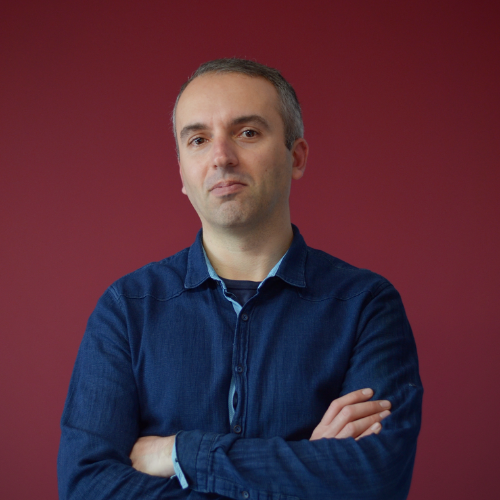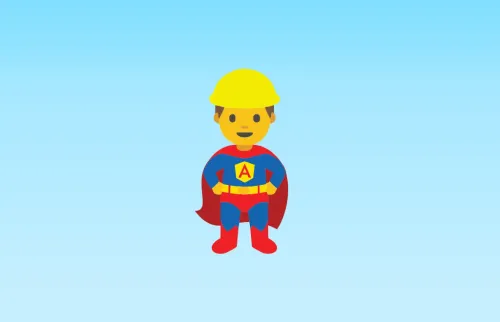Key Takeaways from 15 mins till Heart Attack event
Feb 22, 2022
On February 15, we gathered for our first virtual TechTuesdays event in 2022. This event attracted people from the IT world scene in a virtual format to discuss how using Data Science and Machine Learning can help in recognizing heart diseases, in particular atrial fibrillations, which is usually a sign of potentially incoming heart attack.
Here are some of the key takeaways from TechTuesdays: 15 mins till Heart Attack. Take a seat and call 911. based on the discussions with our guest speakers.
Key Takeaway #1: It is possible to train AI models with data from publicly available ECG recordings
This is a story about cardiology and data science, which has a lot to do with ECG databases and what we can do with them. The answer: A lot. All you need is to recognize a special heart-rate rhythm that can lead to it. The keyword: AFIB == Atrial Fibrillation.
Key Takeaway #2: If You Recognize AFIB, Be Prepared for a Possible Heart Attack!
What do you need for this? Wearable ECG device; an AI that can recognize AFIB rhythms; Alerting mechanism that would alert you and your doctor; In short, call 911 (or 122 for EU). Automatically.
Key Takeaway #3: How was AI used?
First steps: feature extraction; one-hot-encoding; data normalization; apply XGBoost. Once all ingredients came into place we built a software solution, integrating wearable ECG recorders; AI module(s); alerts; actions.
Key Takeaway #4: Meet HeartBERT™ and GTP2Heart™
If we apply transformers over ECG we get HeartBERT™, which is a foundation model trained in a completely self-supervised manner, over 12+ GBs of ECG recordings, and GTP2Heart™, which can produce the most probable sequence of incoming heartbeats, with a given already known sequence of heartbeats, according to the training set of 12+ GB of training data.
Key Takeaway #5: AI is still heavily uncharted territory.
AI achievements need to continue to be applied to a much broader spectrum of business and use cases. What is slowing down the process is the lack of connections between AI-trained professionals with businesses and industries that will benefit from incorporating AI.
You can watch the entire discussion at the link.
Tanja Zlatanovska
Book a free consultation
Customers who trust us
Book a free consultation
You may also like

Towards Perfect ES Query Generation with Elastic-builder
Apr 09, 2020
Velimir Graorkoski

Elastic Builder To The Rescue
Apr 22, 2020
Velimir Graorkoski

Understanding the Most Effective Practices of Remote Working
May 19, 2020
Tanja Zlatanovska